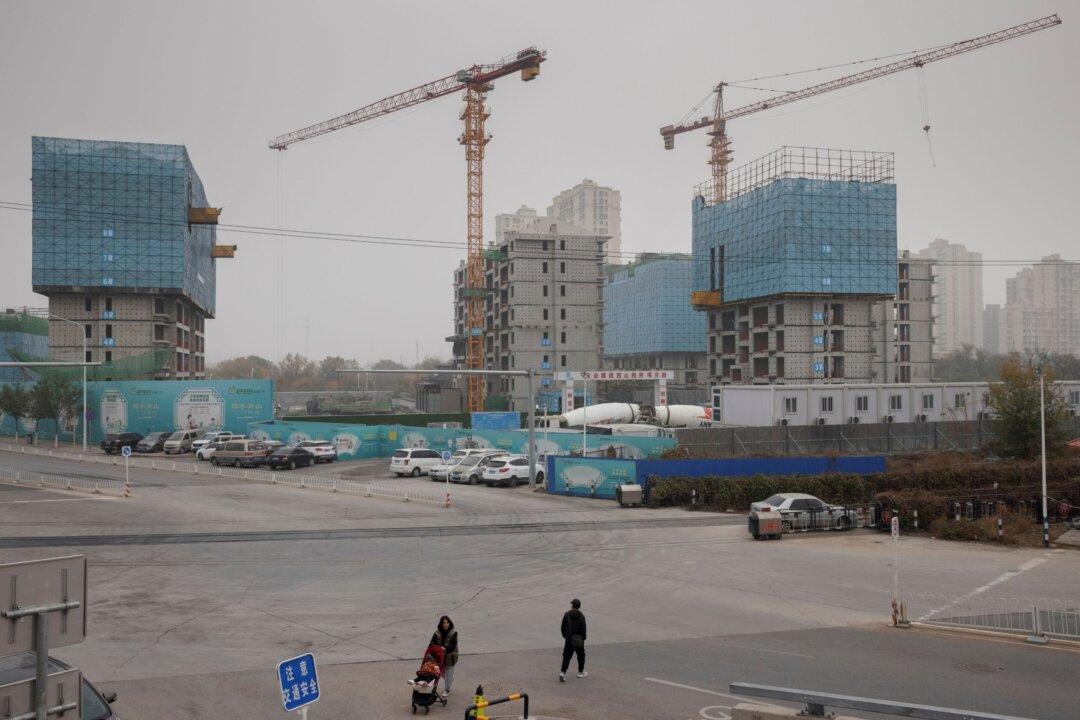HONG KONG/SHANGHAI—Kaisa Group Holdings Ltd. and three of its units had their shares suspended from trading on Friday, a day after an affiliate missed a payment to onshore investors as China’s snowballing property debt crisis jolts other developers.
Shenzhen-based homebuilder Kaisa, which has guaranteed the wealth management product, said in a statement on Thursday it was facing unprecedented liquidity pressure due to a challenging property market and rating downgrades.





